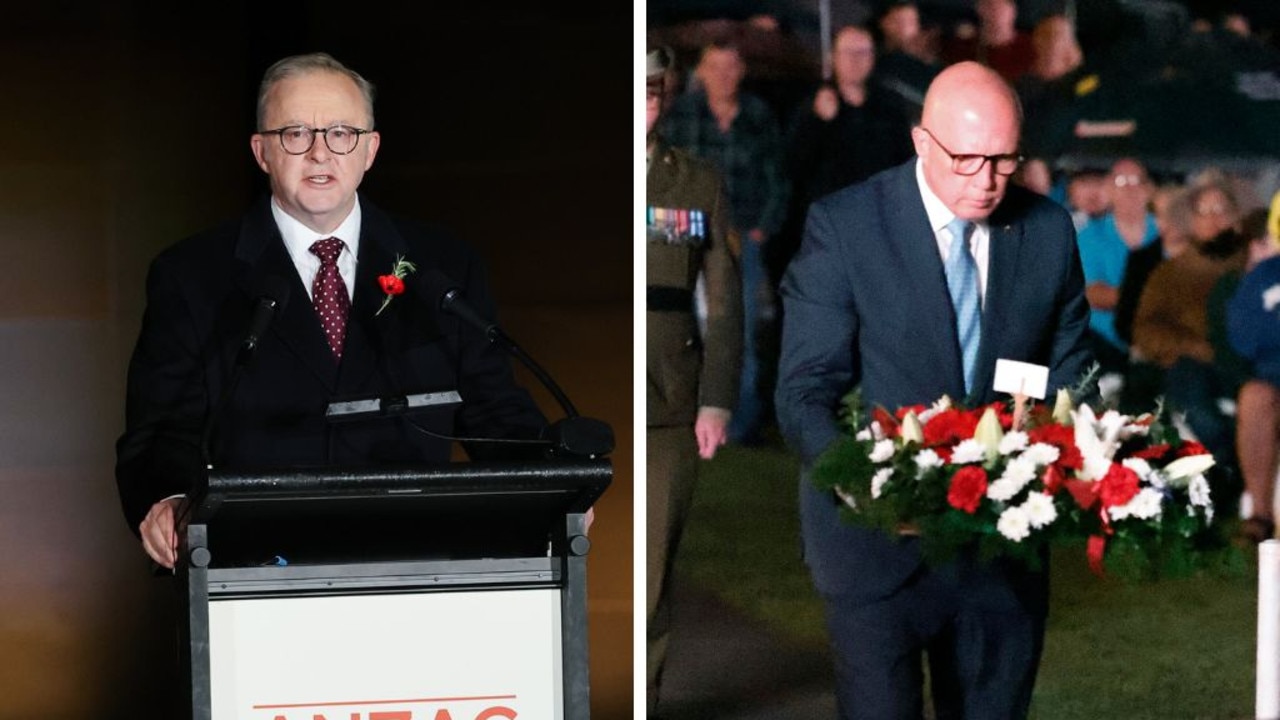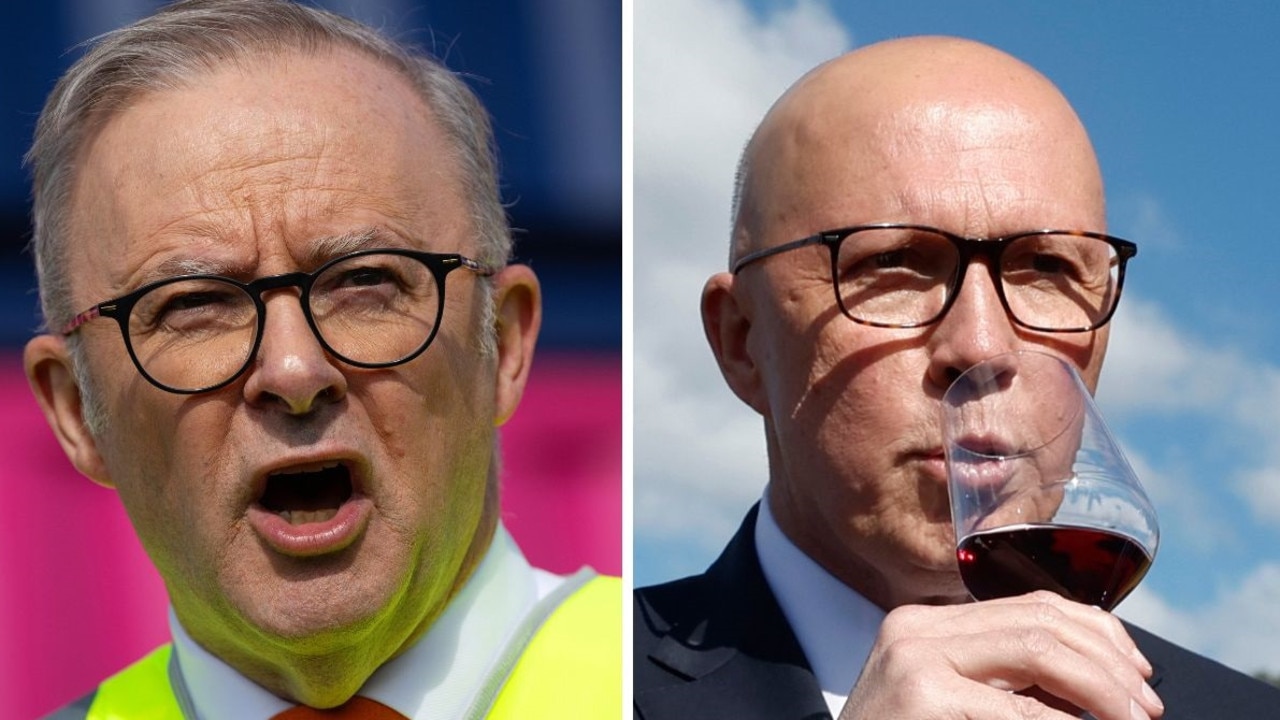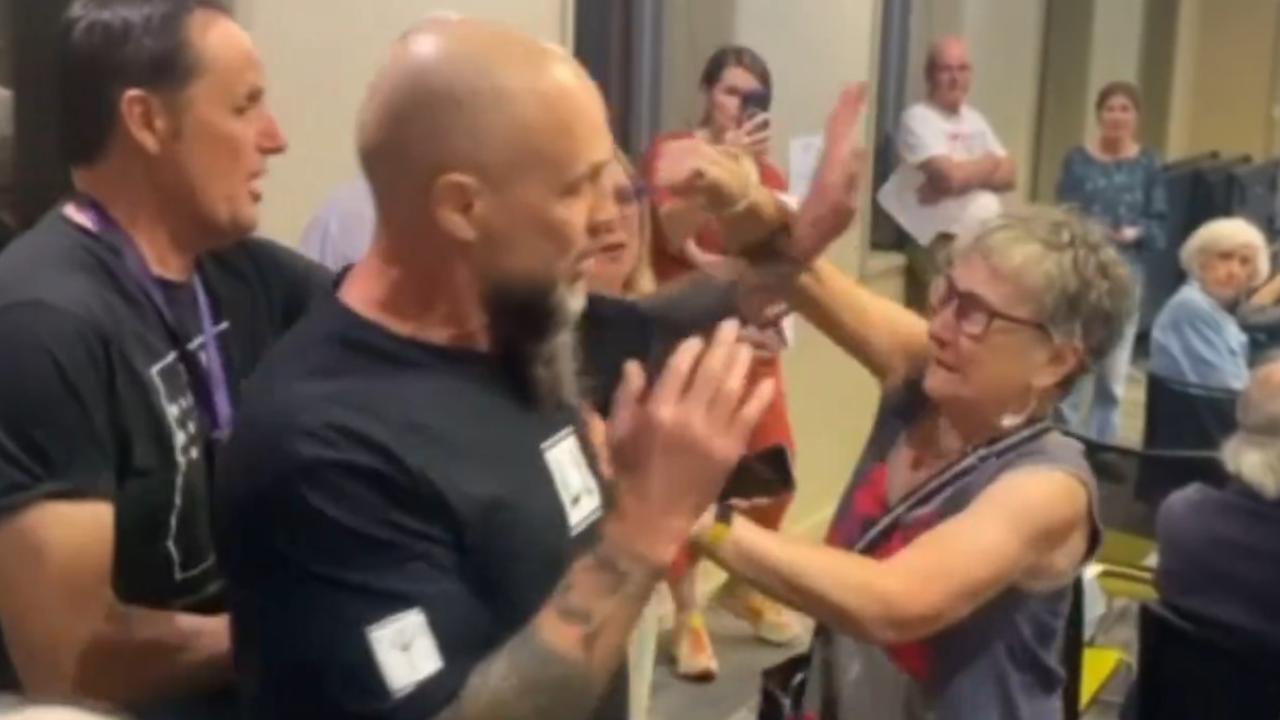Adem Somyurek scandal: Anthony Byrne speaks about bugging of his ALP office
The Labor MP whose office was the scene of an elaborate TV surveillance operation has come out of the woodwork with a cryptic statement.

The Labor MP whose office was the scene of an elaborate 60 Minutes surveillance operation that brought down three Victorian Ministers has briefly surfaced to reveal he is co-operating with authorities.
In a stunning political sting that was conducted over months, veteran MP Anthony Byrne’s office was rigged up with broadcast quality concealed cameras by persons unknown.
The factional powerbroker Adem Somyurek was then led into a bugged office, an invitation the sacked minister now regards as an elaborate trap.
Mr Byrne declined to detail what he knew about the professional bugging of his own office, despite claiming there was some “misinformation” in the public domain.
“In respect of the misinformation circulating, I want to make clear that I take the matters raised recently seriously and have been in touch with authorities to offer my full assistance,’’ Mr Byrne said.
“I welcome investigations into corruption, which has no place in the party I love. Because I do not want to cross over or impede any investigations that may be occurring, I’m unable to comment further at this point in time.”
RELATED: Shock admission in Premier’s leaked letter
RELATED: Two words Albo forgot to mention

The scandal has rocked the ALP and prompted the suspension of all voting rights in the Victorian ALP until 2023 while a full audit of the membership rolls is conducted.
As Attorney-General Christian Porter declared the idea that someone has bugged the Labor MPs office for the purpose of a televised “sting” a matter of “serious concern”, the issue continued to dominate question time.
“At a federal level, there are very strict rules about the use and authorised use of surveillance devices which restrict that use to law enforcement agencies,’’ Mr Porter said.
“As the member is aware, recently we also passed very important laws to counter the influence of or interference with members of parliament.
“Frankly, I think everyone in this parliament would agree that the idea that a non-law enforcement device, if you like, appeared to have been installed in the office of any member of this parliament is a matter of some serious concern.
“It is a matter also of obviousness that the level of concern that we might have and whether or not that matter might require further inquiry would turn very substantially on whether the member in question had themselves authorised or otherwise had knowledge of the installation of that device.”
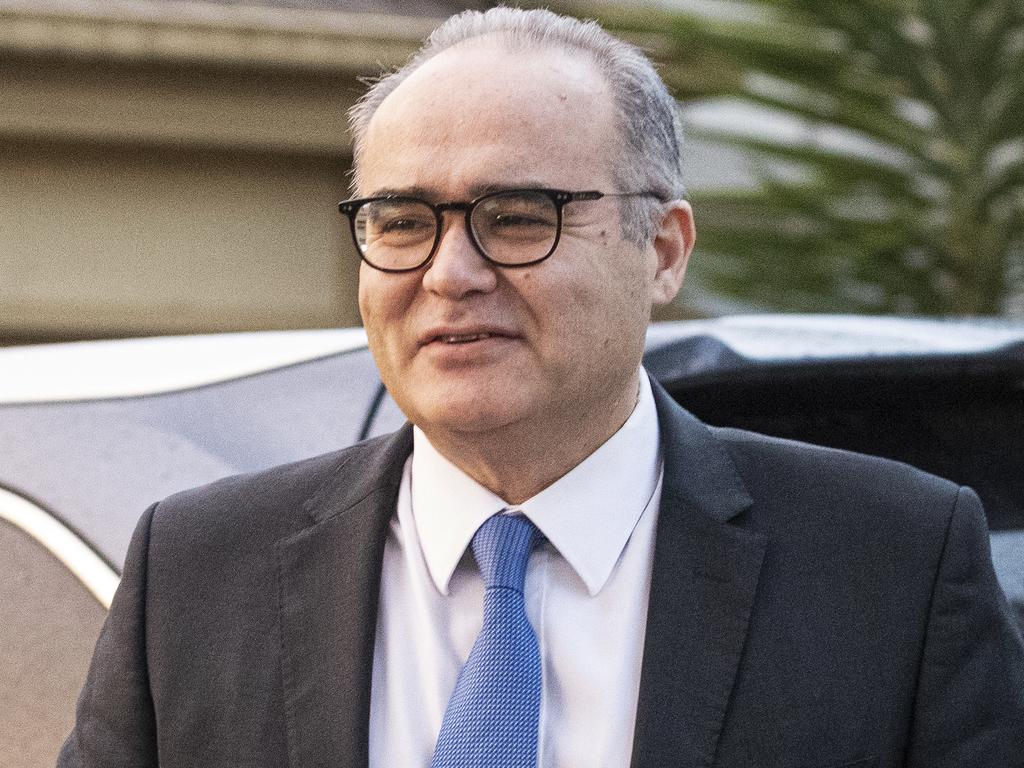
Mr Porter then turned to Labor leader Anthony Albanese’s claim on 3AW radio that he wasn’t aware of the surveillance operation.
Broadcaster Neil Mitchell asked Mr Albanese on Wednesday: “He’s a member of your backbench, he is right in the middle of this and you haven’t spoken to him?”
“Well, I haven’t because it’s very clear that I wasn’t aware of the member’s office involvement until much later on,’’ Mr Albanese said.
Labor attempted to shut down the line of questioning arguing the matter was under investigation but the Speaker allowed Mr Porter to continue.
“The Leader of the Opposition said, ‘I didn’t recognise the office.’ Right? So, the Leader of the Opposition must be the only keen political observer in Australia who missed both the map for the federal electoral division of Holt and missed the back of the election poster with the member’s name on it in the relevant footage,’’ Mr Porter said.
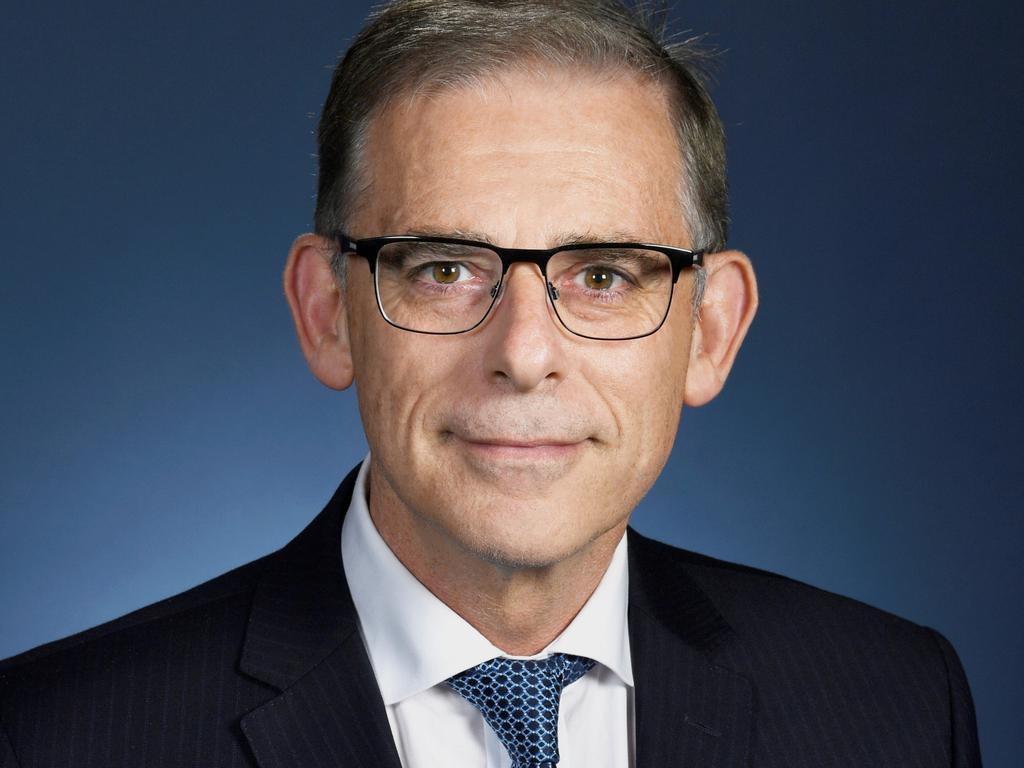
“Everyone in his office must have missed those. Sounds quite remarkable, don’t you think, members? The next question asked … if he hadn’t satisfied himself that the recording was authorised or otherwise known to the member, given the member’s very sensitive position on the Intelligence Committee and given that he had had his office bugged, would the Opposition Leader call in the Federal Police?
“The Opposition Leader said, ‘Well, they make their own decisions.’ That has always been the government’s view that that is a remarkable turnaround in policy of the members opposite.”


